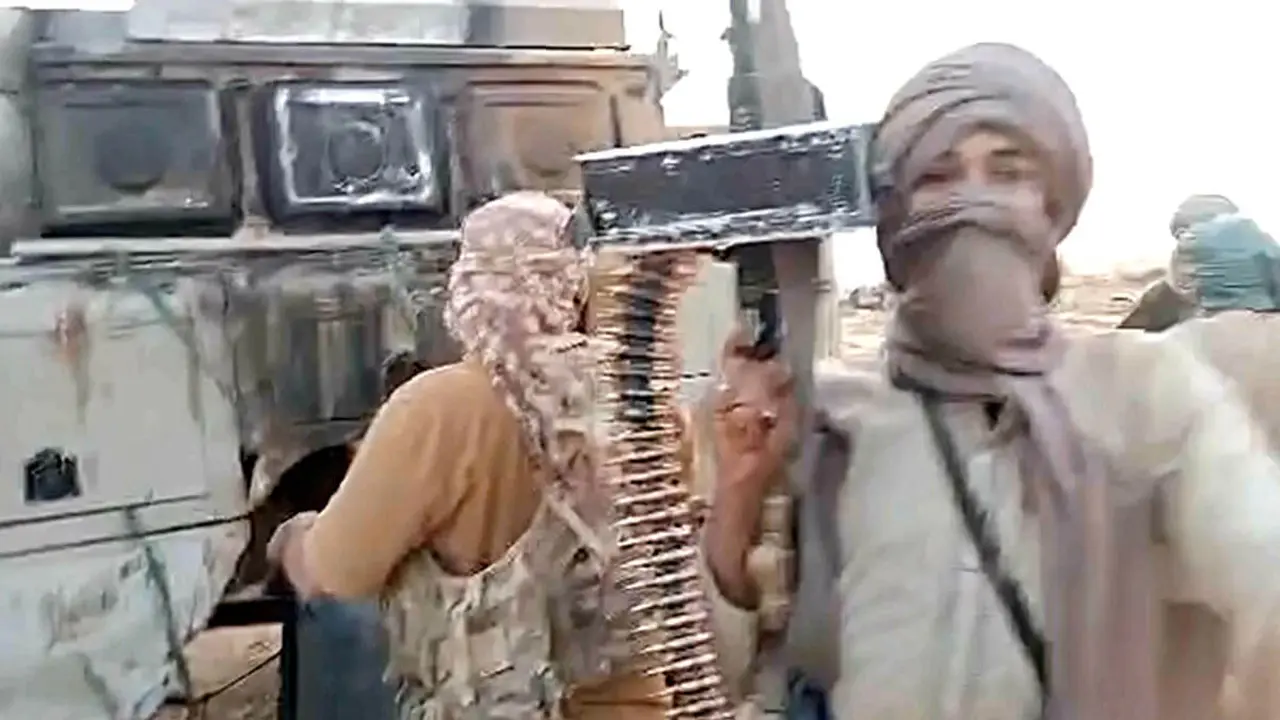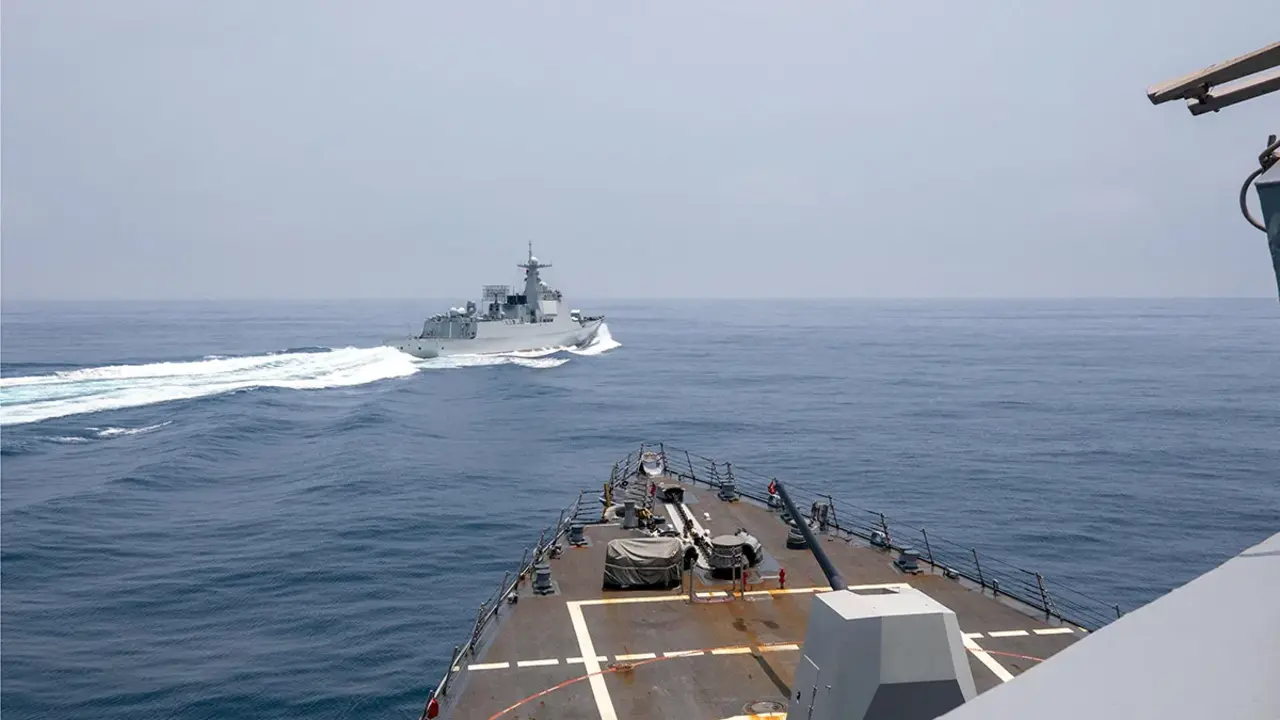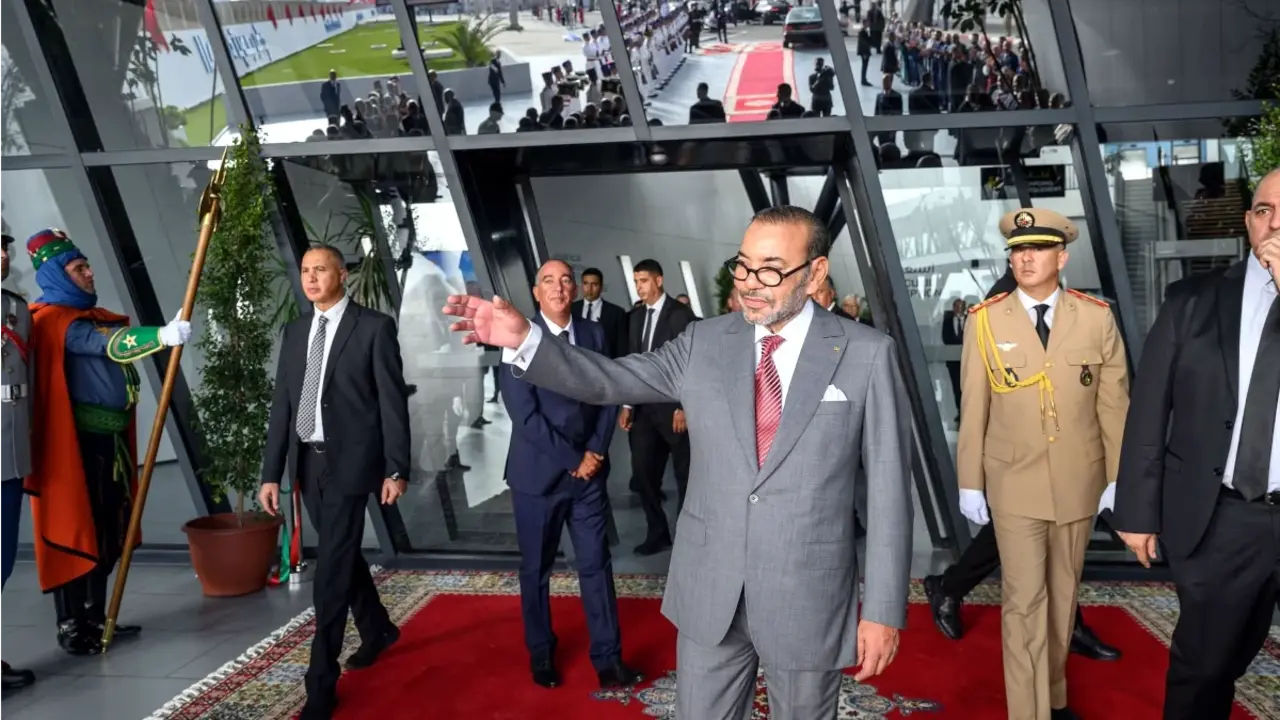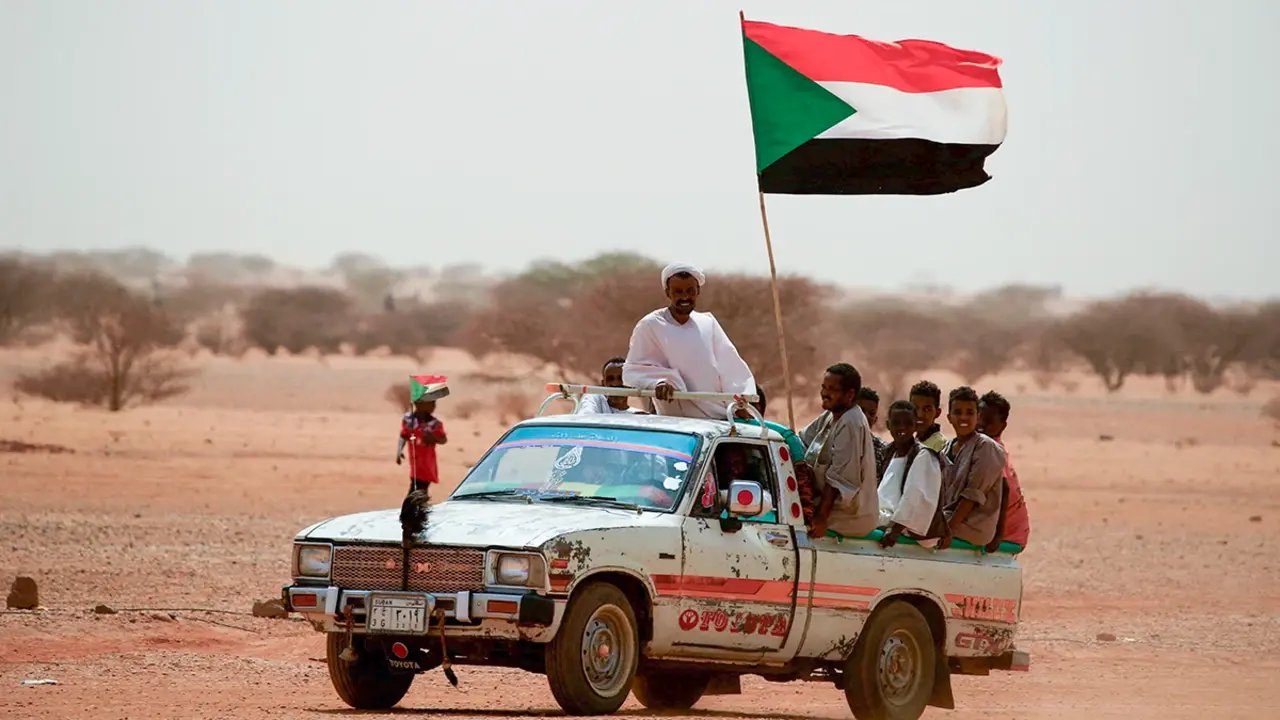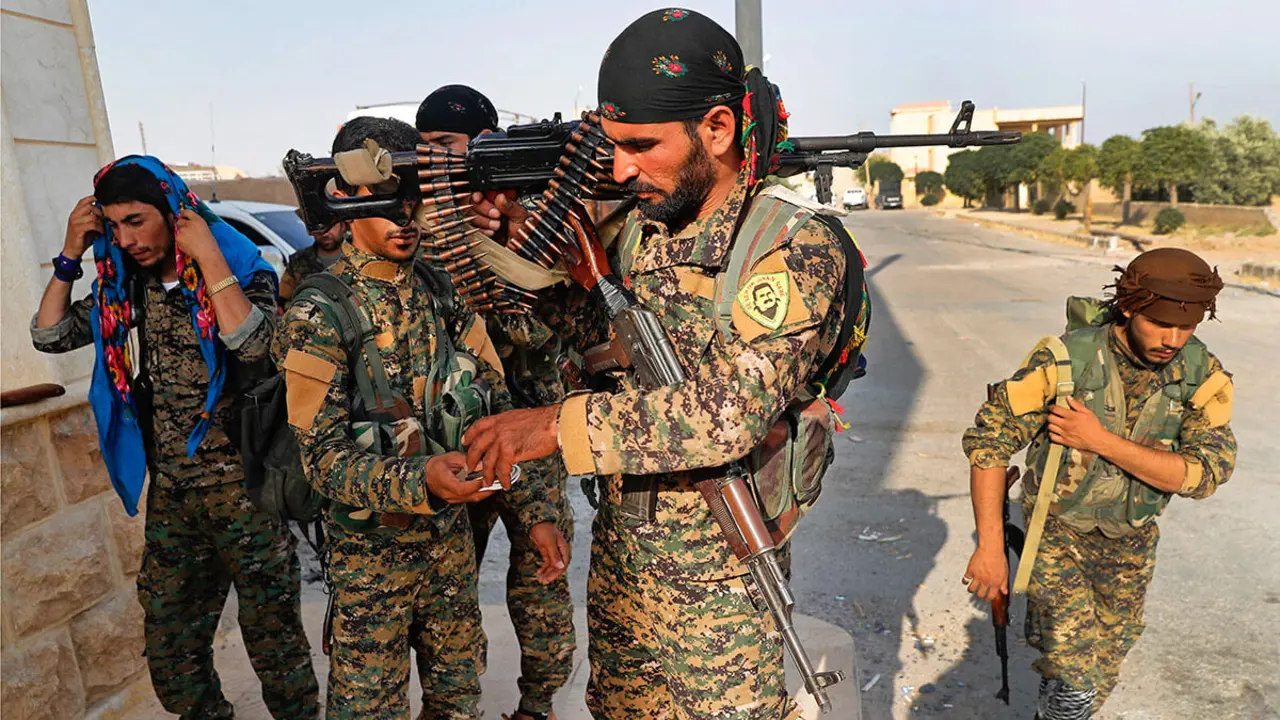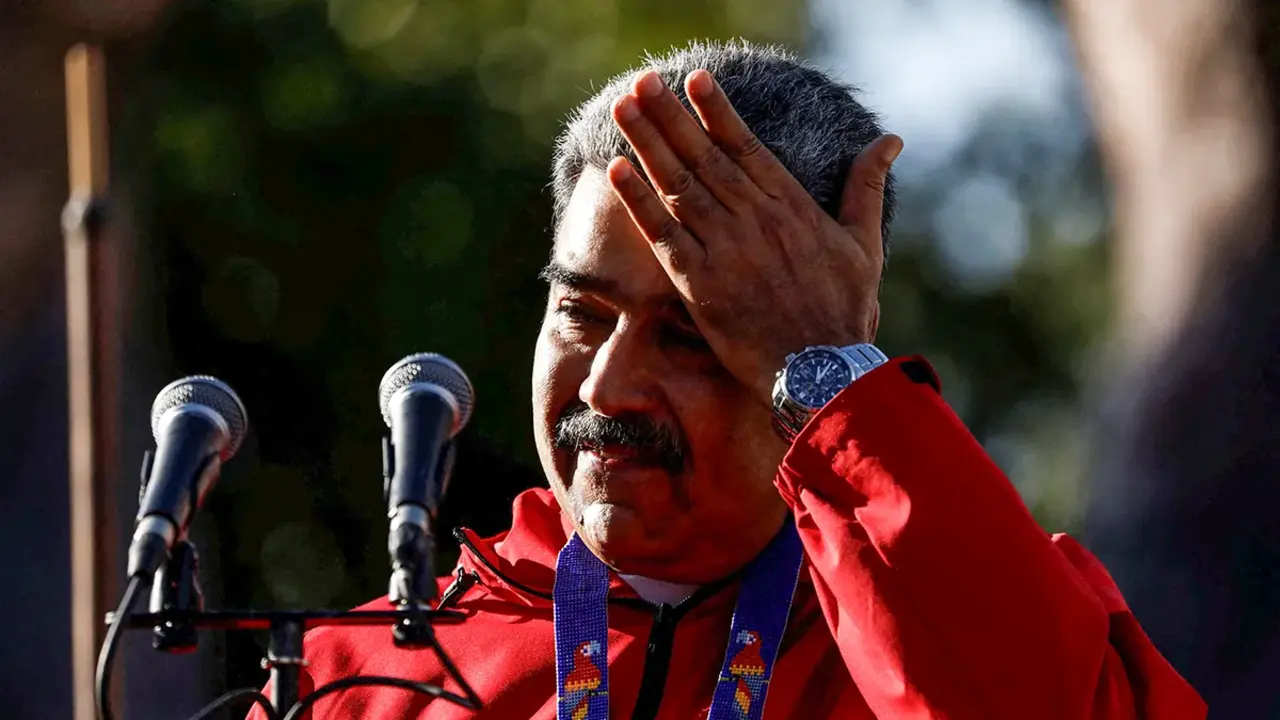Balmis repliega para dejar paso a la “nueva normalidad” en España

The de-escalation of military interventions carried out by the Army since March 14, in the context of an unusual health crisis, is taking place almost unnoticed. It has gone from having 8,000 troops deployed per day to no more than 4,500 in the last few days. The de-escalation of the military actions in Spain is already a fact. The first thing suppressed is the number of troops present in the streets. "The purpose of these patrols was to give peace of mind to the population, and it is no longer necessary", clarifies the Deputy Chief of Operations General José Manuel Vivas.
Also, the Armed Forces no longer carry out tasks related to the transfer of patients or the dead, the hardest part. And the field hospitals that were built in a record time, both in Segovia and next to the Gregorio Marañón Hospital in Madrid, have been dismantled this very week. "Balmis will be over when the state of alarm ends, but the coronavirus continues," insists General Vivas. That's why the Operations Command will continue to respond to help requests from all the autonomous regions of Spain.
This Operations Command (MOPS in Spanish) is the nerve centre from which missions abroad in which the Spanish Army participates are normally controlled. It is in Madrid, at the Retamates Base. And when the pandemic was declared, it became "the head of the beast" that coordinates all movements related to Operation Balmis.
The operation has been named after the military doctor Francisco Xavier Balmis (Alicante, 1753). This scientist led the first humanitarian expedition in history to bring the smallpox vaccine to the New World in 1803. He did so by taking 22 children with him, whom he previously inoculated, in order to transport the vaccine on the journey to Puerto Rico and Caracas, and then to Patagonia. At that time, smallpox had a mortality rate of more than 20%.
Today, COVID-19 leaves a balance in Spain of around 200 deaths per day (in contrast to the more than 900 deaths per day during the weeks with the highest mortality peak). According to this data, requests to the Army for help in fighting the pandemic have also decreased.
The forecast is that the volume of requests will continue to decrease day by day, but in no case will pressure be exerted from the military to carry out the withdrawal in a rushed manner. On the contrary, we are already counting on maintaining some interventions in the month of May, such as the disinfection of the provisional shelter that the Madrid City Council has installed in IFEMA for the homeless.
Similarly, support will continue to be provided mainly to residential homes, social centres and hospitals that request it. And efforts will also be directed at sharing the experience acquired in this health crisis with other specialized services, through informative actions

"We have worked on demand during these weeks, and we will continue to do so until it is necessary," explains Vivas from his position in the JOC. This is the Joint Operations Centre, now dedicated exclusively to Balmis. A large screen there shows the deployments taking place in real time. Surrounded by computers and papers, a dozen men are keeping an eye on the data being displayed. At that moment, more than 3,000 men are working in different health facilities and another 2,000 are working on the streets throughout the country.
In this JOC, permanent operations and international missions - those 17 in which the Armed Forces are currently involved - were previously coordinated. "Now they are coordinated from another room, to get the staff separated" says the Head of Current Operations, Captain Alberto Cartelle, to explain why there are so many empty tables in this space. "There are 12 people on 12-hour day and night shiftsl. But there have been 20 during the peak weeks of the disease," he adds.
In the morning, they supervise the interventions; in the afternoon, they analyze the requests that come from all over Spain, and they are assigned to the organic chains of Earth, Air, Navy and the Spanish Emergency Military Unit (UME). At night, when only four people are left working, all the data are collected and recorded. A working system they didn't have to invent. "The procedures were already established, they are the same ones used to coordinate an operation in Iraq or in Mali, though in this case it has been necessary to mobilize all the Armed Forces against this invisible enemy," Cartelle continues.

Nor did they have to acquire many means. The Army already had most of the material needed to carry out the disinfections. Also, that which has been used to erect the field hospitals, as well as the ICU beds and the two mobile morgues that have been in use for weeks. This is the material used in the missions abroad.
In the first 50 days of Operation Balmis, more than 18,000 interventions have been counted and almost 160,000 military personnel have been deployed throughout the provinces. And everything has passed through this screen room, where work has been done on demand from the requests that continue to arrive through the government delegations. "We have received calls from many social actors, but the petitions have to reach us officially through the delegations," insists Cartelle.
The ones that continue to arrive - much less than three weeks ago - are very focused on the tasks of disinfection. The UME is the unit that has carried out the most actions of this type (45% of the total), acting as the spearhead of Operation Balmis. The Army has undertaken 34%, the Navy 16% and the Air Force the remaining 5%.

The UME has intervened on more than 8,000 occasions and has also given emergency courses to other Army or Navy units to train them in disinfection tasks. The CBRN specialists also carried out this training in order to instruct other corps. But the number of UME actions has exceeded that of any other unit that has participated in the operation.
This work of disinfection goes beyond the simple act of decontaminating an enclosure. The UME teams also give action protocols to those in charge of the centres that request help. Thus, they teach them everything about protecting the entrances (using bleach buckets so that people who enter can disinfect their footwear), as well as about protecting the personnel themselves and establishing the necessary safety distances. In places of greater risk, where there are people infected with COVID-19, a more thorough disinfection is carried out with sodium hypochlorite nebulizers, which are the ones that have been used, for example, in the IFEMA hospital and in the most affected nursing homes.
In just over seven weeks, 8,773 disinfections have been carried out, mostly in nursing homes (4,129), but also in hospitals (1,734) and critical infrastructures (2,909). The UME has transferred 1,186 patients and 1,692 deaths. And now they are focusing on training and dissemination missions, to prepare civilian personnel, fire brigades, etc. to continue with disinfections or to optimize hygiene measures in crowded centers to minimize infections.

No joint patrols have ever been carried out by the police, the Guardia Civil and the armed forces, but "it wouldn't have been a problem," according to General Vivas. In fact, they were contemplated in the planning of Operation Balmis. Vivas is one of the commanders who advocates for the normalization of the use of the military uniform, even for the trips from home to work, convinced that the citizens are no longer worried when they see a military man in uniform on the street. Nor will Operation Zendal be implemented, which takes its name from another member of the expedition led by Francisco Xavier Balmis, in this case, the nurse at the hospice in which the children were taken by the scientist to be vaccinated.
Zendal was focused on conducting "home" coronavirus testing to expedite the epidemiological study. However, controversy arose when it was questioned whether the military would perform these tests in uniform. Finally, the Operations Command gave the order to stop recruiting military personnel with health care training, and in the next few days the autonomous communities will be in charge of taking the first batch of random samples for subsequent analysis.
But the work continues in the Operations Command. Zendal was focused on conducting "home" coronavirus testing to expedite the epidemiological study. However, controversy arose when it was questioned whether the military would perform these tests in uniform. Finally, the Operations Command gave the order to stop recruiting military personnel with health care training, and in the next few days the autonomous communities will be in charge of taking the first batch of random samples for subsequent analysis. The Operations Command is still working. Lieutenant General Fernando López del Pozo, in charge of Operation Balmis, reiterates the good functioning of this mechanism. "It has not been necessary to change the systems of action, nor to increase the number of people working in this operational centre".
López del Pozo points out some of the keys to his arrival at the Operations Command, where he will attend a joint meeting in one of the rooms near the JOC. Designing an operation of this size has been complex, but the Armed Forces had the personnel, the training and the material, and it was all done in a few days. "It was not necessary to bring anyone new to the Operations Command, we can coordinate everything with our own capabilities," he adds.
Once in the room where the meeting is to take place, all those attending take their seats, headed by López del Pozo, leaving more than the ordinary space between them. Everyone wears a mask. The discipline that can be seen in terms of prevention measures is strict. So is their willingness to continue fighting the pandemic.



